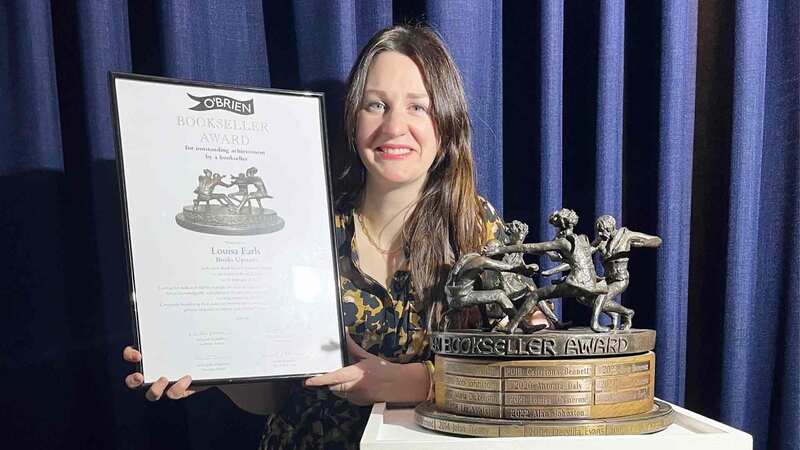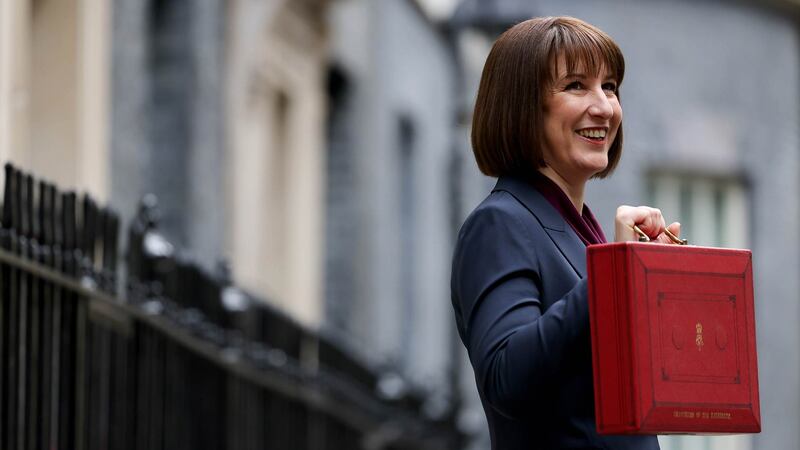You are viewing your 1 free article this month. Login to read more articles.
Twitter will render children illiterate in 20 years says Jacobson
Novelist Howard Jacobson has said children may be illiterate in 20 years' time, thanks to the rise of smartphones and social media platforms such as Twitter.
The journalist and 2010 Man Booker prize-winner told The Times that childrens' capacity to concentrate on books was being adversely affected by social media and smartphones, conceding even his own concentration span had been "shot by this bloody screen".
As a result, in the space of 20 years he predicted "we will have children who can’t read, who don’t want to read".
"I can’t read any more as much as I used to. My concentration has been shot by this bloody screen. I can’t do it now — I want space, I want white pages, light behind the page," he said.
The Times further reported the author, who authored Trump parody Pussy (Jonathan Cape) a short while ago, had said Twitter "played into the hands" of the US president who used it to bypass the news channels favoured by "the metropolitan elite".
Some Twitter users have hit back at Jacobson's views.
Author Nikesh Shukla said Jacobson’s view was “snobby”, “boring” and “wrong”, while trade marketing manager at Bounce Marketing, Graeme Williams, said on the platform: “Awww. I remember when they said this about texting when I was a young'un. Somewhere someone probably said the same about telegrams.”
Meanwhile, also to the contrary, drawing on its research the National Literacy Trust (NLT) said new technologies can play "a hugely important role" in helping to develop children's literacy skills.
Its research showed e-books positively impact teenage boys’ reading motivation and skills, when a 2015 project saw the percentage of boys who felt reading was "difficult" cut in half from 28.0% to 15.9%, suggesting confidence in their own reading ability also increased as a result of using technology. Another 2016 research project saw six in 10 (59.7%) early years practitioners say they would like to increase the use of touch screens.
Jonathan Douglas, Director of the National Literacy Trust, said: “Children growing up today are surrounded by new technologies, embedded in their everyday lives. Our research shows that – when used in the right way – digital technology can play a hugely important role in giving children and young people a route into reading and helping them develop their literacy skills. This particularly applies to those children who are traditionally less engaged with reading, such as those from disadvantaged backgrounds and boys.
“For children to get the most out of technology, it must be used in the right way, rather than replacing real life interactions with people, places and books. Young children learn best when they use digital technology with a parent who can help them explore, interact and reflect on what they’re doing. We must therefore make sure that families have the support and advice they need to use digital technologies in the best possible way to support their child’s learning, and that adults are role modelling responsible technology use to children.”
The vast majority of England's constituencies have “serious literacy issues”, according to the NLT, following analysis it carried out with credit referencing agency Experian in February. It found 86% of constituencies (a total of 458 out of 533) contain at least one ward with literacy issues, observing a clear correlation between social factors, such as low income, and low level literacy.














